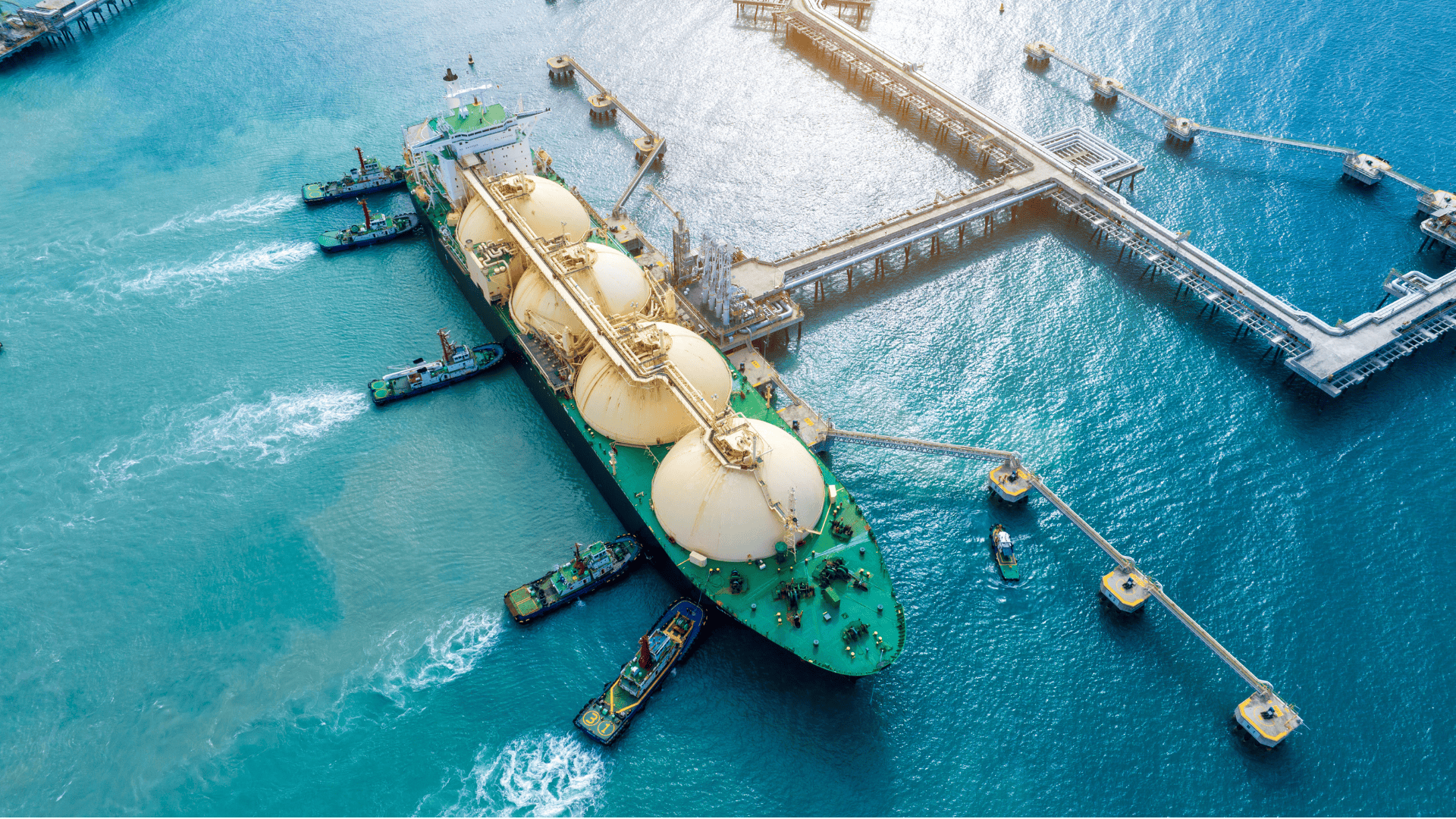We are pleased to welcome two leaders from Amarenco, a global company in the renewable energy sector dedicated to the energy transition.
Joining us are Anna Dubois, Chief Regeneration Officer, and Thomas Roth, Group Head of Procurement & Supply Chain, who share their experiences and challenges in sustainability, supply chain management, and the regulations reshaping how companies operate in Europe.
Achilles: What are your biggest concerns today in the field of sustainability? What worries you the most?
Anna: We face challenges on several levels. The first relates to our internal roadmap for regeneration projects.
Regeneration is a relatively new concept that many might not yet be familiar with. It’s increasingly relevant as we evaluate the impact we have as a company—not only from the perspective of reducing negative impacts but also by proactively enabling our ecosystem to regenerate, be resilient, and rebuild itself. This inherently involves achieving net positive impacts.
For example, with our solar plants, we strive to ensure these installations deliver net benefits to nature by creating habitats at the sites and implementing carbon capture activities in the soil beneath the panels. These are highly specific activities that require research and precise initiatives. This has reached a point where we must involve our suppliers, subcontractors, and service providers in this project—it’s not something we can achieve alone.
We rely heavily on an ecosystem of suppliers. One major challenge is bringing them on board with this approach so we can collectively progress in an area that’s still relatively new. This involves dialogue, co-creation, partnerships, and integrating new types of suppliers with whom we haven’t previously interacted.
We’re learning from one another’s expertise, supported by internal training for both our teams and those of our suppliers.
The second major challenge is the introduction of two key regulatory frameworks: the CSDDD (Corporate Sustainability Due Diligence Directive) and the CSRD (Corporate Sustainability Reporting Directive). These directly impact us. While the CSDDD doesn’t yet apply to us due to our size, both regulations affect our downstream supply chain.
As an electricity supplier operating in five European countries, we sell power to national grids or directly to customers via Power Purchase Agreements (PPAs).
This means we’re part of the supply chains for many companies, and we must provide data and assurances about what happens in our own supply chain. Ensuring compliance is both urgent and demanding.
Achilles: Thomas, in terms of procurement, what are the major initiatives and challenges for your department in the coming years?
Thomas: About a year ago, we decided to join the Achilles platform, and the feedback from most suppliers we asked to register has been largely positive. However, there’s still more to do.
We haven’t faced resistance from large international groups—such as solar panel manufacturers or major construction companies—which has been relatively straightforward. But Amarenco develops a wide range of solar plants: ground-mounted, rooftop, carports, and projects of various sizes. This means working with suppliers of varying scales.
Our next step is to encourage smaller suppliers, such as structural manufacturers in France or local assembly companies, to join the Achilles initiative.
This takes time because these suppliers are not used to being engaged in this way. It’s our main challenge for next year.
We’ve also begun conducting audits, and we plan to increase their number in the coming year.
The ultimate goal is to get 80-90% of our suppliers on Achilles, which will allow us to automate audit processes and efficiently manage the vast number of suppliers and data we handle.
At the same time, we are closely monitoring how artificial intelligence technologies can help us improve this management and prepare our teams for adopting this new approach.
Achilles: What motivated Amarenco to work with Achilles for sustainability and supply chain management?
Anna: We chose Achilles for the transparency and rigor of their processes. Their platform allows our suppliers to meet ESG requirements and provides us with reliable, verifiable information about their practices. It’s a powerful tool for improving supply chain management and ensuring our partners uphold the same sustainability standards as we do.
Beyond compliance, we also value the ability to continuously evaluate supplier performance, which helps us maintain a clear, long-term vision of sustainability in our projects.
It also allows us to monitor our commitments’ progress and adapt quickly to new regulations like the CSDDD or CSRD.
Achilles: Anna, in this context, what types of partnerships are essential for Amarenco in sustainability?
Anna: Partnerships are at the heart of our sustainability strategy. We need to work with companies that share our vision and commitment to sustainability and regeneration. This includes both technology partners for innovative solutions and supply chain partners.
As mentioned, it’s crucial to mobilize all our suppliers around our regeneration and sustainability approach. However, this is also a long-term partnership where we must build trust and transparency with each of our partners.
Additionally, we’re seeking collaborations with institutions, universities, and researchers to explore advanced solutions and share best practices within our industry.
Achilles: Thank you for sharing these fascinating insights. It’s inspiring to see how Amarenco is not only committed to the energy transition but also works closely with suppliers and partners to ensure this change is successful.
We hope to support you in your continuous improvement journey in sustainability and ESG.


